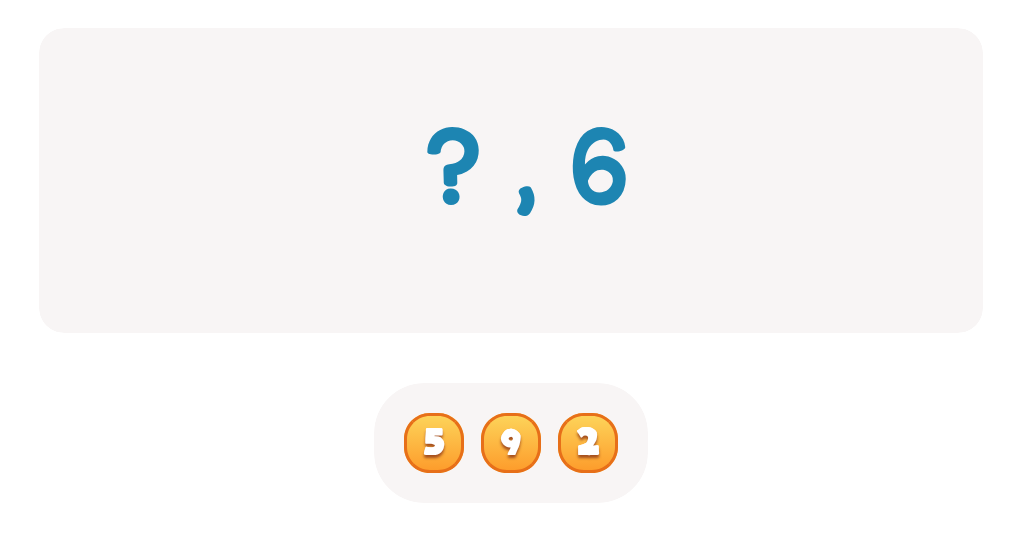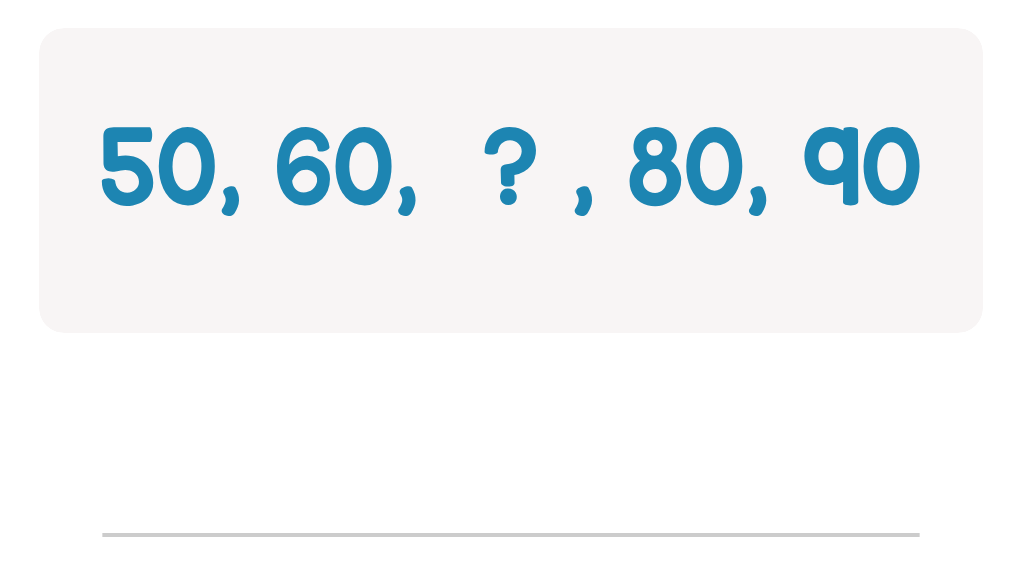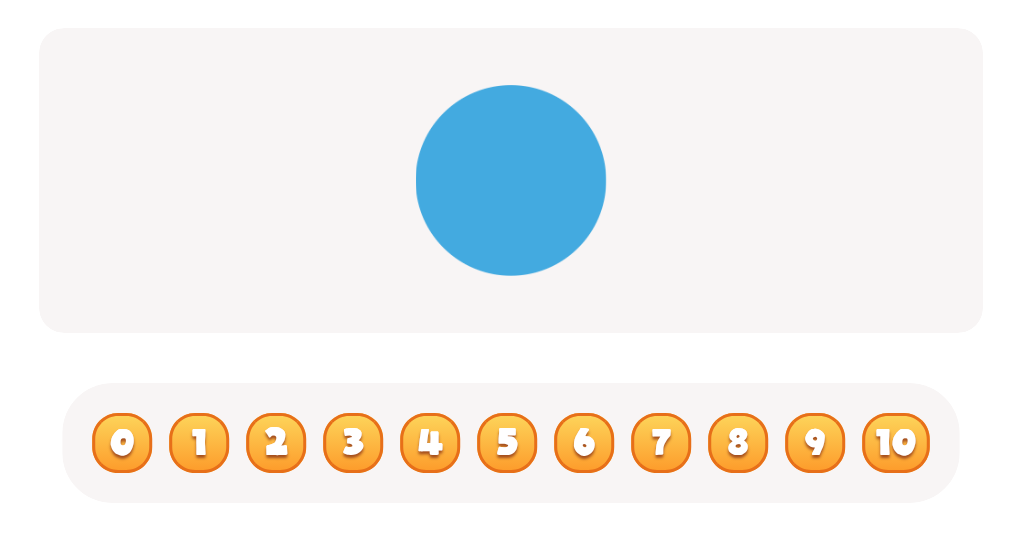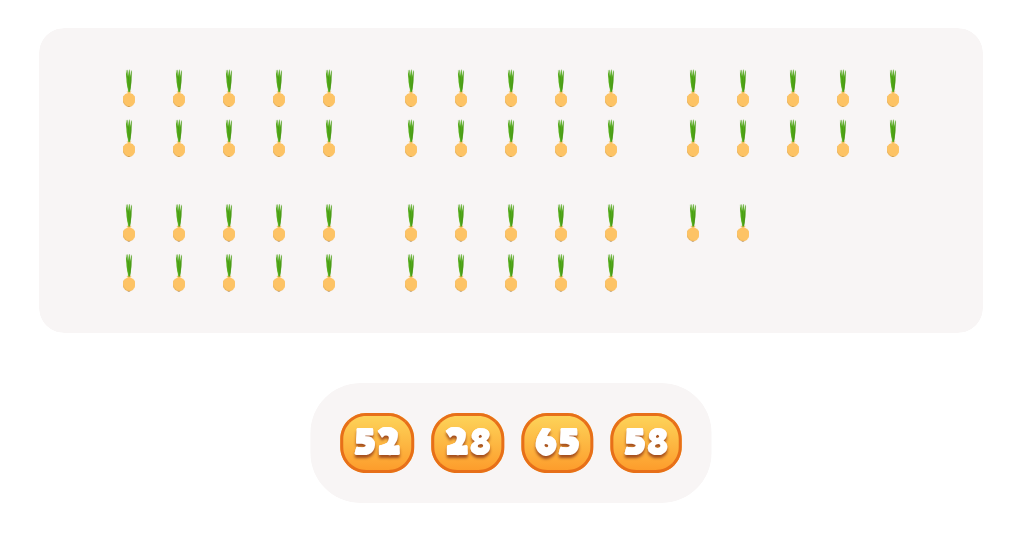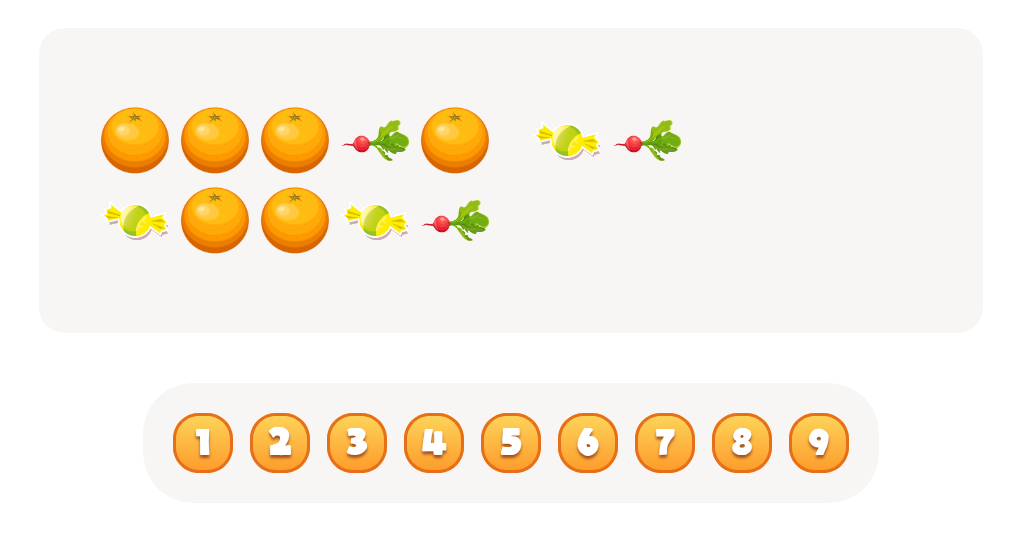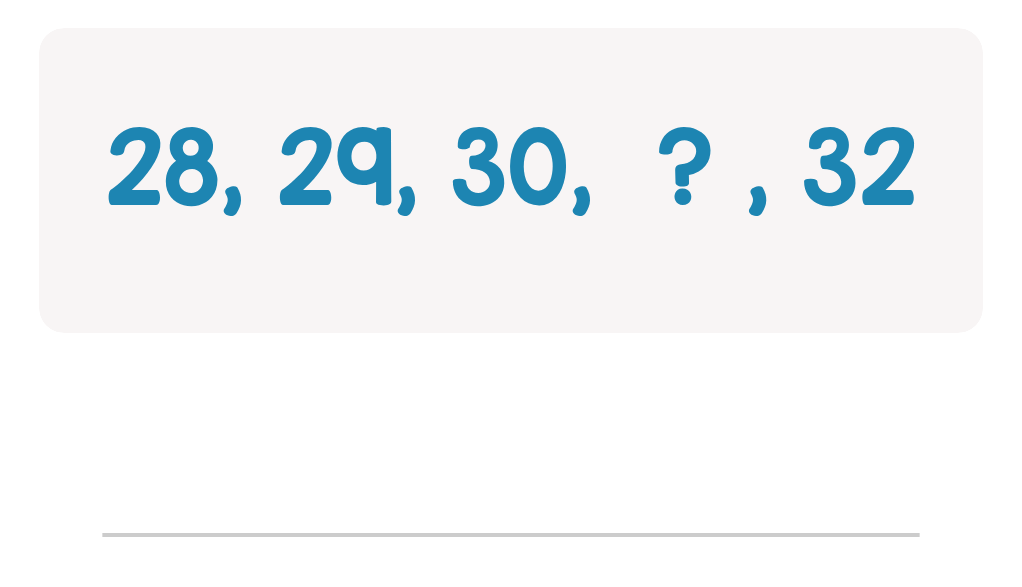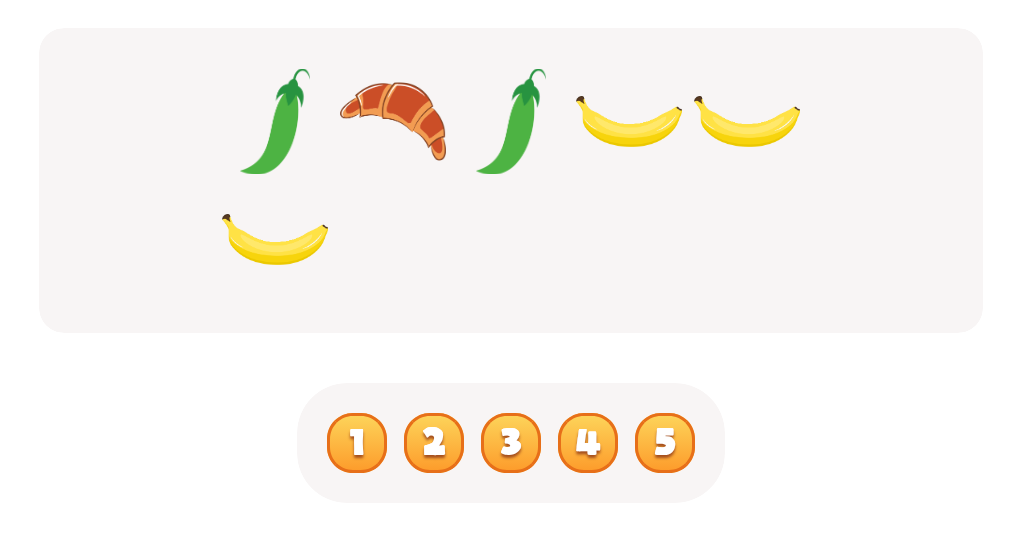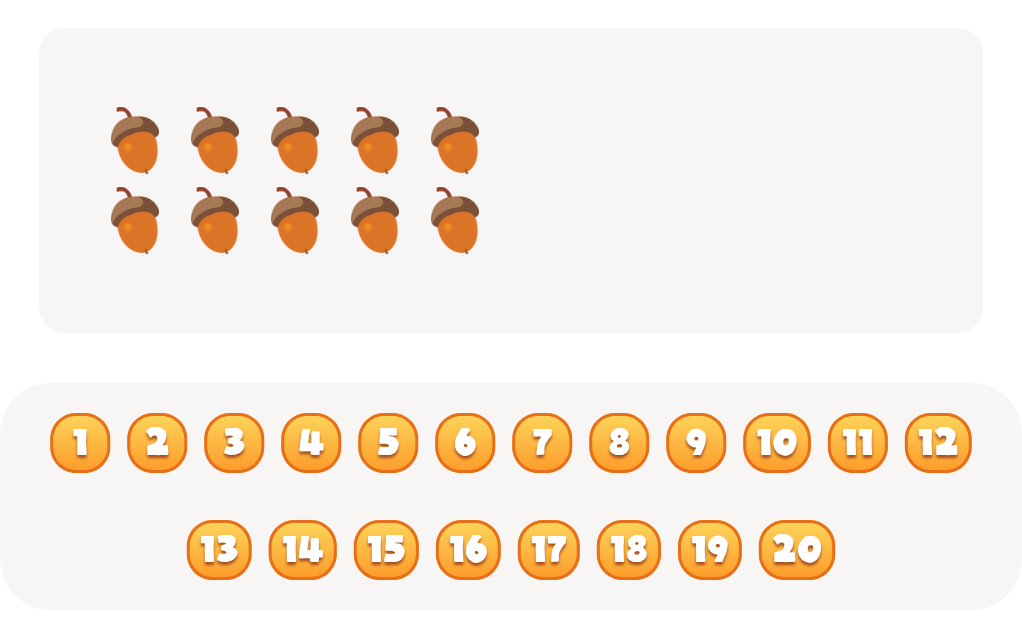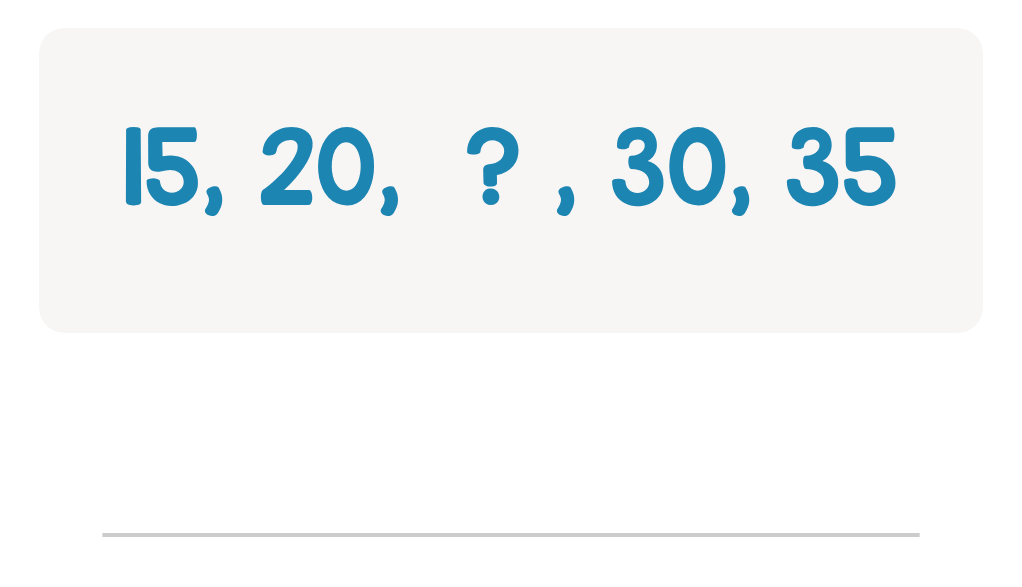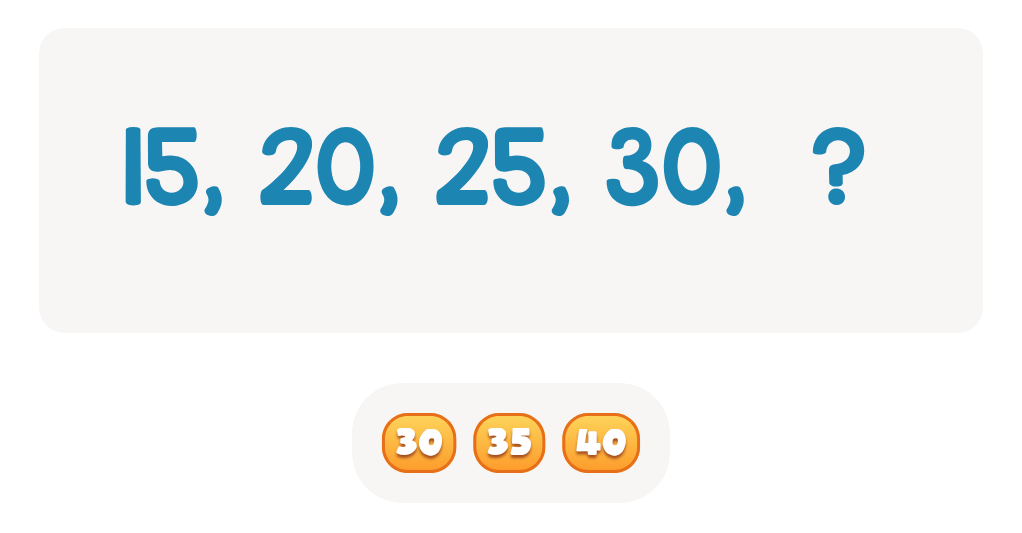Counting skills Normal Counting Worksheets for Ages 6-9
7 filtered results
-
From - To
Enhance your child's numeracy with our Normal Counting Worksheets for Ages 6-9. Developed by education experts, these engaging worksheets blend fun and learning to bolster counting skills. Suitable for first to third graders, the exercises cover fundamental concepts like counting forward and backward, skip counting, and number patterns. Our vibrant and interactive printables facilitate hands-on practice, aiding in math fluency and confidence. Perfect for both classroom and homeschool settings, these resources are designed to make learning to count an enjoyable adventure. Join us and watch your young mathematician thrive! Visit now to download and print ready-to-use worksheets.
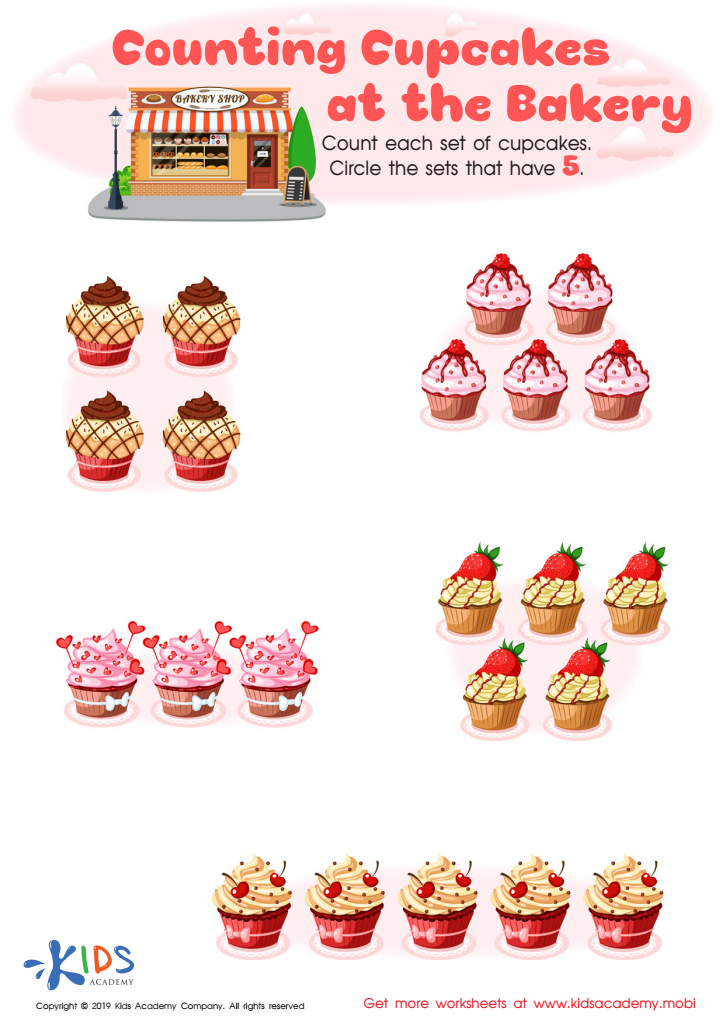

Counting Cupcakes Worksheet
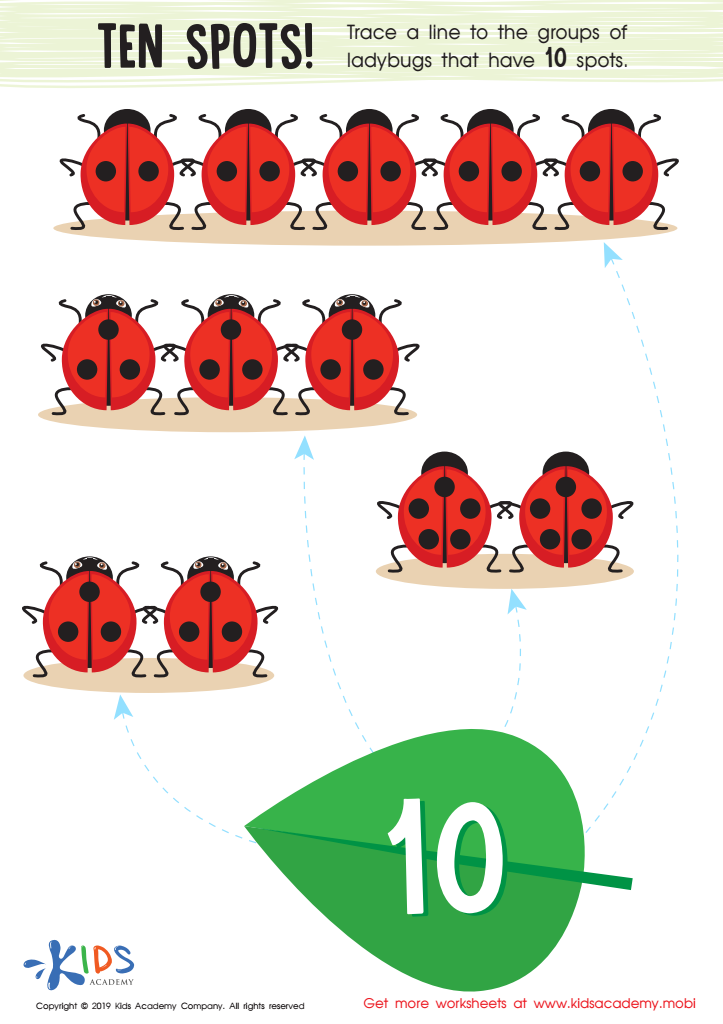

Ten Spots Worksheet
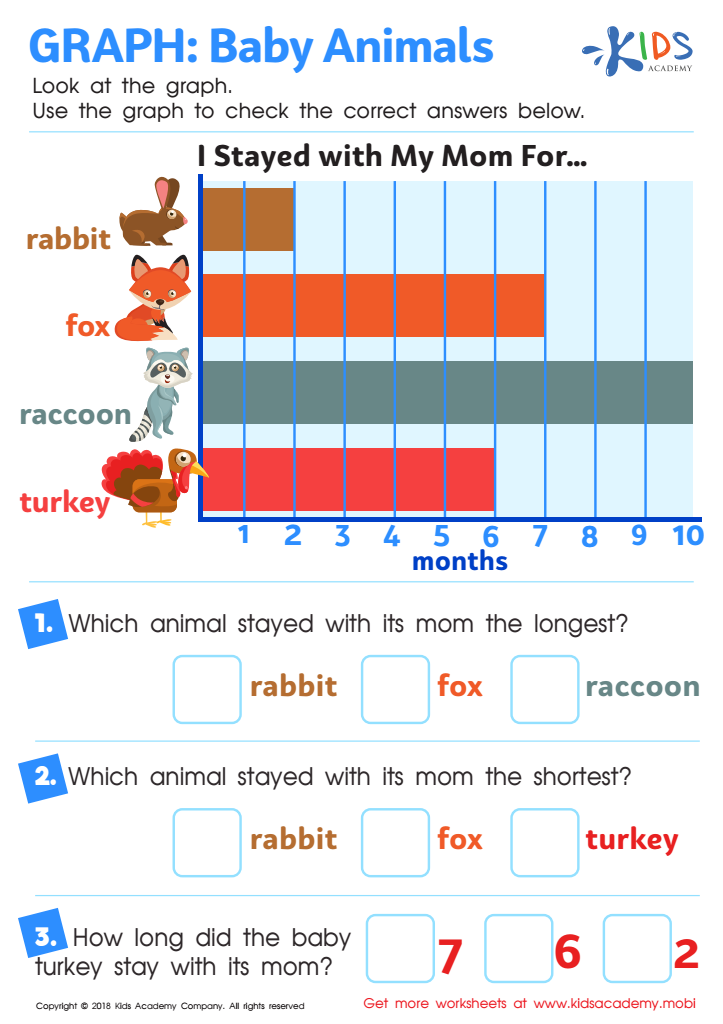

Graph: Baby Animals Worksheet
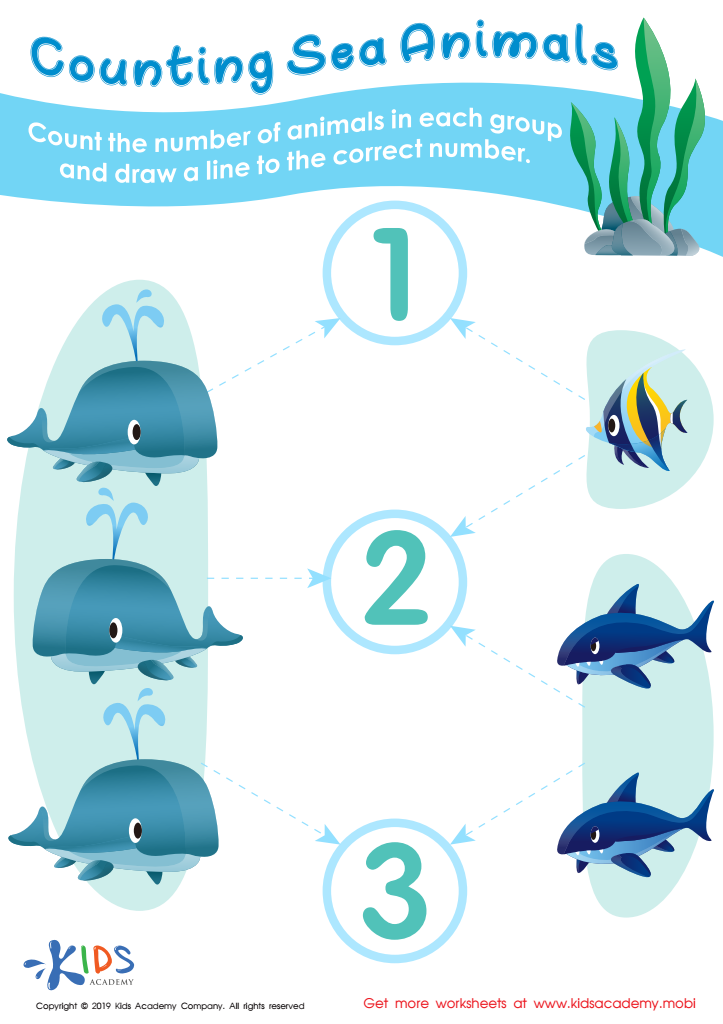

Counting Sea Animals Worksheet


Frog Countdown Worksheet
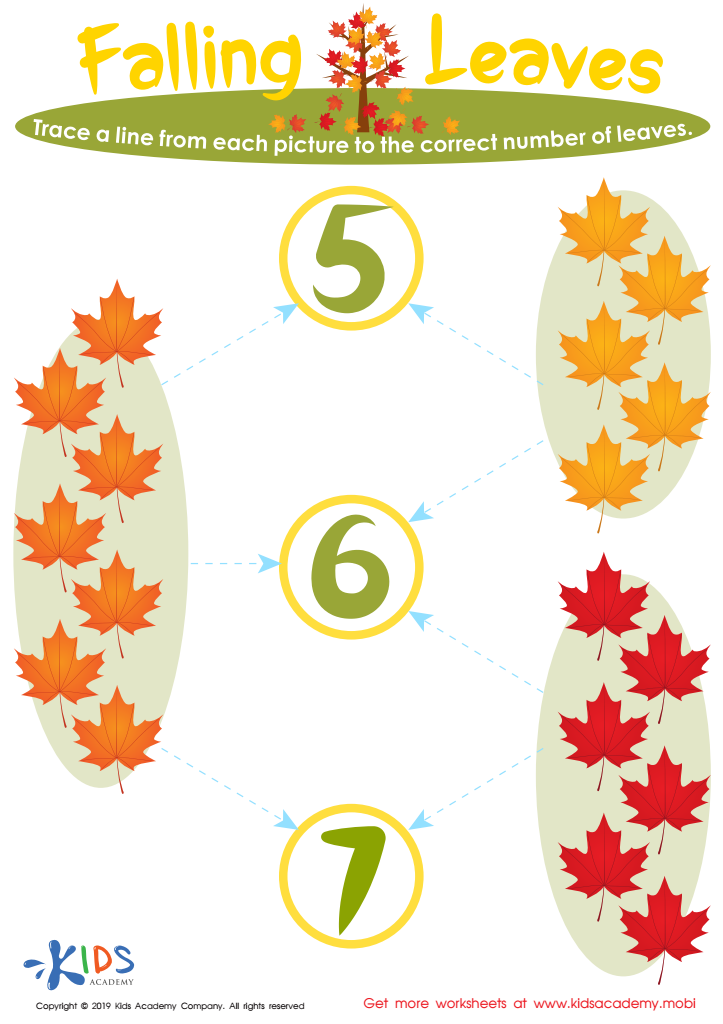

Falling Leaves Worksheet
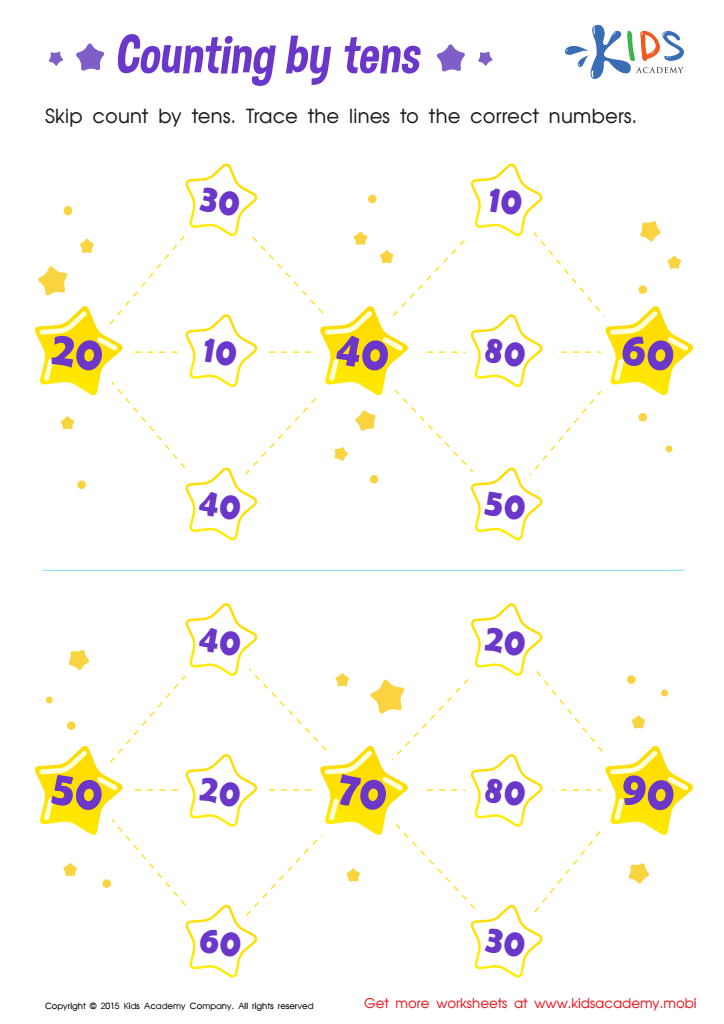

Learn Dozens: Counting by Tens Printable
Counting skills are fundamental building blocks in early childhood education, making them essential for children between the ages of 6 and 9. For both parents and teachers, these skills are critical for several reasons:
First, counting is foundational to math learning. It helps children grasp number concepts and develop a sense of numerical order. When children count accurately, they can move on to more complex mathematical operations like addition, subtraction, multiplication, and division. A strong grasp of counting skills ensures a solid base for future math success.
Second, counting boosts problem-solving and logical thinking. By understanding the principles behind counting, children learn to make connections, recognize patterns, and solve everyday problems. These cognitive skills are not just important for math, but are transferable to other subjects and real-world situations.
Third, counting fosters independence and confidence. Mastery of counting tasks empowers children to tackle tasks on their own, from setting the table to organizing toys. This growing independence builds self-confidence and encourages a positive attitude toward learning.
Finally, average counting aligns with curriculum standards for this age group. Being proficient in this area ensures that children meet or exceed academic expectations, reducing gaps in learning and contributing to overall school readiness and success.
Supporting children in developing their counting skills equips them with critical life skills that serve as cornerstones for ongoing educational achievements and personal growth.
 Assign to My Students
Assign to My Students
